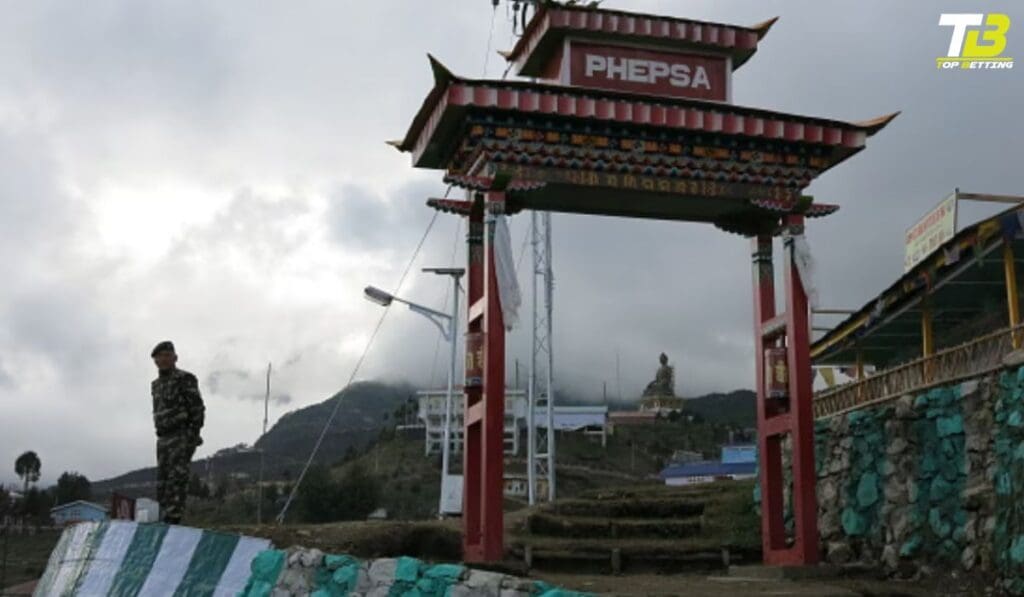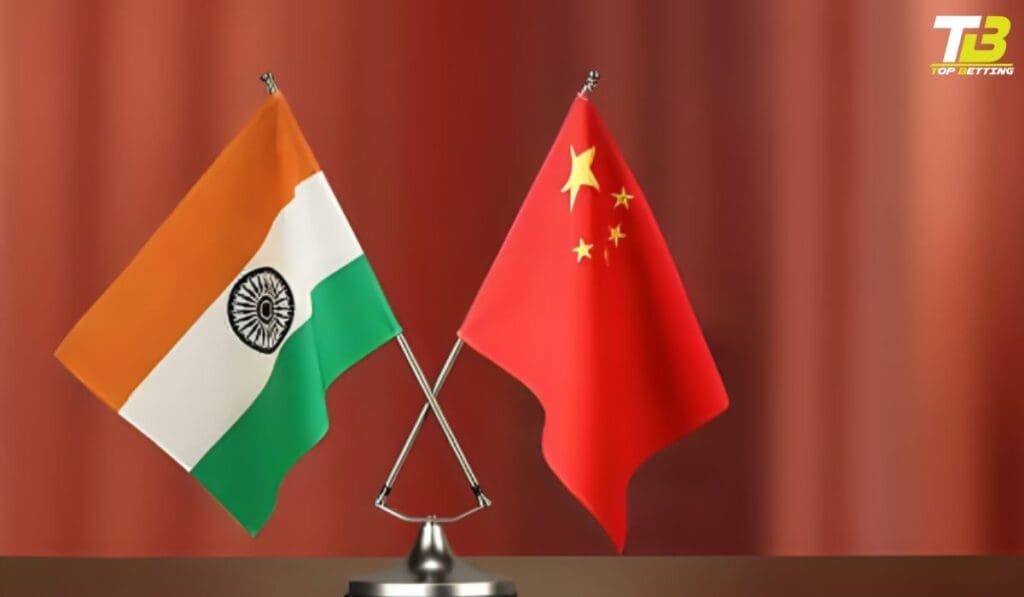
China’s Attempt to Be Removed by India | AR Pradesh Place
Introduction
In a firm and resolute response, India has rejected China’s recent attempts to rename places in the state of Arunachal Pradesh. The Ministry of External Affairs (MEA) has emphasized that these actions by China are senseless and will not alter the reality that Arunachal Pradesh is an integral and inalienable part of India. This article delves into the details of India’s stance on China’s renaming efforts, highlighting the MEA’s strong rejection and reaffirmation of Arunachal Pradesh’s status as an Indian state.
China’s Persistent Attempts
China has persistently made attempts to rename places in Arunachal Pradesh, which have been firmly rejected by India. The MEA spokesperson, Randhir Jaiswal, labeled these actions as senseless and emphasized India’s rejection of such efforts. Despite India’s strong opposition to these renaming attempts, China released a fourth list of 30 new names for various places in Arunachal Pradesh. However, India remains steadfast in its belief that assigning invented names will not change the reality of Arunachal Pradesh’s status as an integral part of India.
Arunachal Pradesh: Integral and Inalienable Part of India
India’s firm rejection of China’s renaming attempts is grounded in the belief that Arunachal Pradesh has always been and will continue to be an integral and inalienable part of India. The MEA’s statement highlights that no amount of renaming by China can alter this reality. The Indian government has consistently asserted its sovereignty over Arunachal Pradesh, and any attempts to change names will not diminish India’s claim to the state. The MEA’s strong stance reaffirms India’s unwavering commitment to preserving the territorial integrity of the country.
Tensions between India and China
The renaming of places in Arunachal Pradesh by China has been a longstanding source of tension between the two countries. China’s claims over the state and its persistent attempts to assert control have strained diplomatic relations. India has vocally criticized China’s actions, emphasizing that the renaming of places will not alter the ground reality. These tensions have been further exacerbated by China’s release of new names for various locations in Arunachal Pradesh, despite India’s firm rejection.
External Affairs Minister’s Response
External Affairs Minister S. Jaishankar has responded to China’s renaming attempts by questioning the logic behind such actions. He posed the question, “If I change the name of your house, will it become mine?” Jaishankar reiterated that Arunachal Pradesh is an Indian state and will remain so in the future. By challenging China’s claims and highlighting the futility of renaming, Jaishankar reaffirmed India’s position on Arunachal Pradesh and emphasized that changing names will not alter the ground reality.
Union Minister’s Condemnation
Union Minister Kiren Rijiju has strongly condemned China’s renaming bid, asserting that it is illegal and baseless. Rijiju expressed his condemnation of China’s “standardized” geographical names given to 30 places inside Arunachal Pradesh. He emphasized that China’s claims and renaming attempts will not change the historical facts and ground reality of Arunachal Pradesh being an integral part of India. Rijiju’s condemnation reflects the Indian government’s united stand against China’s actions.
Historical Background
The historical background of the dispute between India and China over Arunachal Pradesh dates back several years. China has consistently claimed parts of Arunachal Pradesh as part of its own territory, referring to it as South Tibet. India, on the other hand, maintains that Arunachal Pradesh is an integral part of its territory. The two countries have engaged in border disputes and tensions in the past, with Arunachal Pradesh being a sensitive area due to its strategic location.
Diplomatic Protests and International Recognition
India has lodged diplomatic protests against China’s actions in Arunachal Pradesh, asserting its sovereignty over the state. The Indian government has consistently emphasized that Arunachal Pradesh is an integral part of India and that China’s renaming attempts are baseless. Furthermore, international recognition of Arunachal Pradesh as part of India has further strengthened India’s position. The United States, for instance, has recognized Arunachal Pradesh as Indian territory and strongly opposes any attempts to advance territorial claims over it.

Implications for India-China Relations
China’s persistent attempts to rename places in Arunachal Pradesh have strained relations between India and China. India’s firm rejection of these attempts reflects its commitment to protecting its territorial integrity. The renaming issue is just one aspect of the broader border disputes and tensions between the two countries. Resolving these issues and maintaining peace along the India-China border will require diplomatic efforts and dialogue. India’s strong stand on Arunachal Pradesh serves as a reminder of its unwavering commitment to safeguarding its sovereignty.

Conclusion
India’s firm rejection of China’s attempts to rename places in Arunachal Pradesh underscores its commitment to preserving the integrity of its territory. The Ministry of External Affairs has emphasized that assigning invented names will not change the reality that Arunachal Pradesh is an integral and inalienable part of India. Despite China’s persistent efforts, India remains resolute in asserting its sovereignty over Arunachal Pradesh. The tensions between the two countries over the renaming issue highlight the broader challenges in the India-China relationship. As both nations navigate these challenges, dialogue and peaceful resolution will be crucial to maintaining stability along their shared border.











